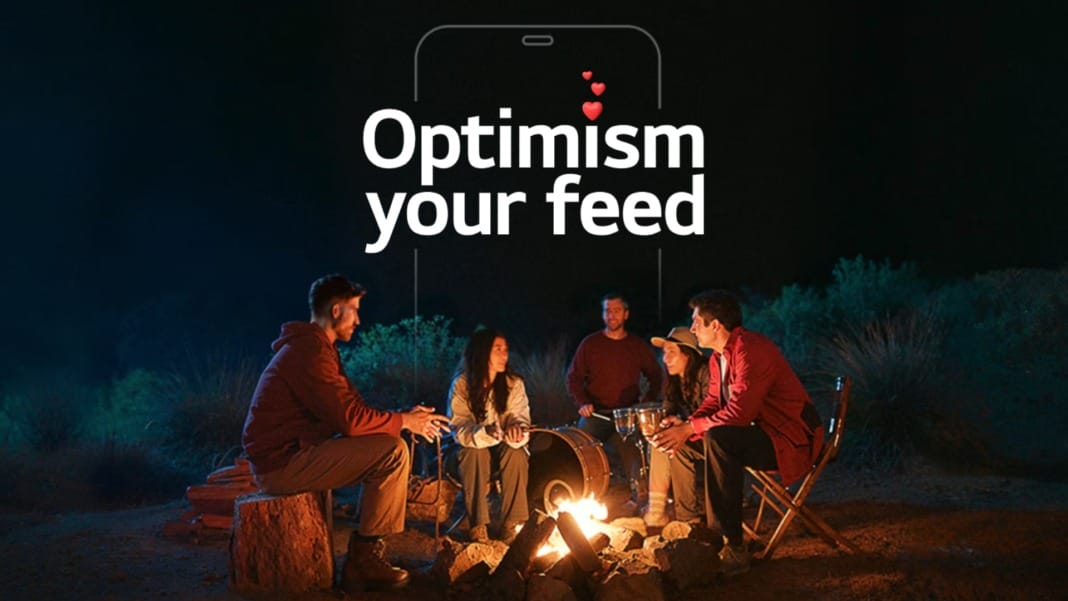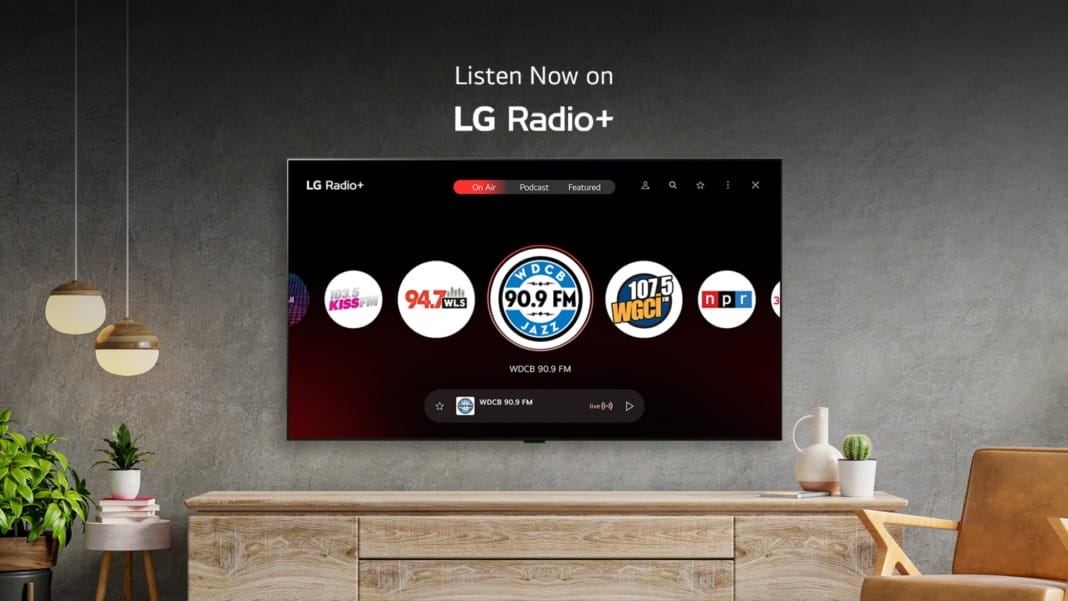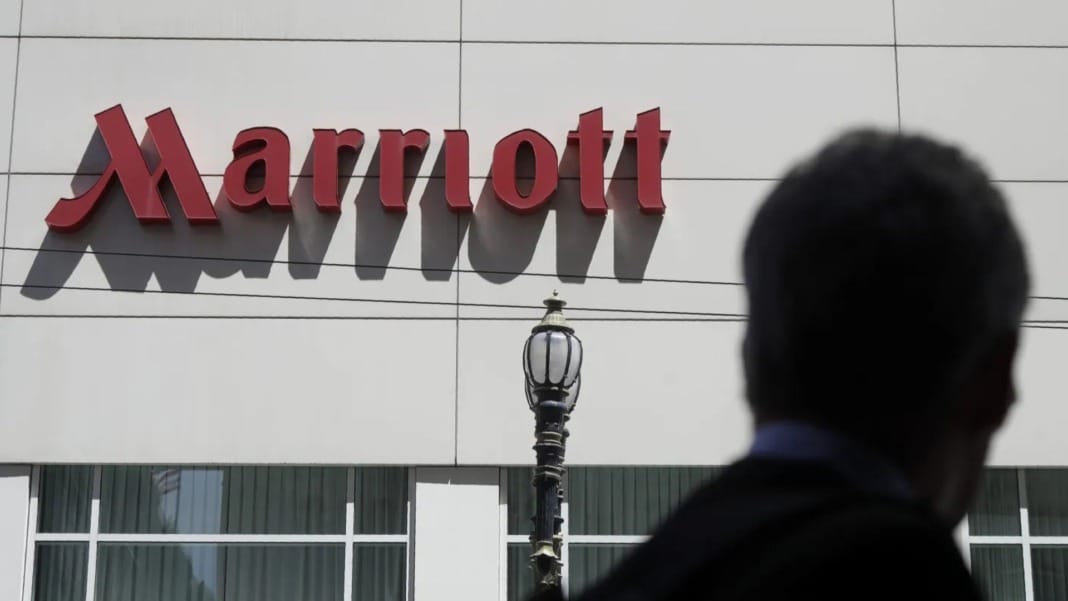A recent global survey conducted by LG Electronics has revealed that nearly half of consumers (48%) feel more optimistic now compared to six months ago.
The survey, covering 16 markets worldwide, provides valuable insights into the state of global optimism, its key drivers, and the demographics that exhibit the highest levels of hope and positivity. The global optimism score averaged 7.49 out of 10. However, significant regional differences were noted. France, the UK, and Australia scored 14.5% below the global average, ranking among the least optimistic nations. In contrast, Saudi Arabia, India, and the UAE stood out as the most optimistic countries, scoring 12%, 10.8%, and 8.1% above the average, respectively.
When it comes to personal priorities, respondents expressed the highest levels of optimism about personal growth and development (69%) and family dynamics (66%). However, financial concerns remain a significant dampener on global optimism.
Entertainment emerged as the leading factor driving optimism, with 60% of respondents identifying movies, TV shows, music, and art as key contributors. Artificial Intelligence (AI) followed closely behind at 56%. Social media had a more modest impact, with only 48% viewing it as a source of optimism. On the other hand, international crises, such as conflicts and wars, ranked lowest in their influence on positive outlooks.
LG’s research aligns with its brand philosophy, “Life’s Good,” reflecting the company’s commitment to fostering optimism worldwide. By understanding the factors contributing to happiness and optimism, LG aims to deliver products and campaigns that inspire confidence in the future.
Generational differences in optimism and happiness
The survey highlighted generational variations in how optimism is perceived and maintained. Younger age groups generally reported higher levels of optimism and happiness, though this was not universal. Surprisingly, individuals under 18 reported some of the lowest optimism scores. Meanwhile, happiness and optimism both showed a gradual decline with age, with happiness decreasing at a slower rate.
A notable insight was that 50% of Gen Z respondents believe optimism can sometimes be harmful. This sentiment may stem from the pressures of their life stage, as they were twice as likely as millennials to feel unequipped with the tools needed to succeed (16%).
Social media plays a significant role in shaping optimism for younger generations. Around 86% of consumers reported that social media impacts their personal lives, while only 67% felt it had a broader societal impact. Gen Z respondents were also more inclined to seek professional therapy, indulge in shopping, or even delete their social media accounts as coping mechanisms.
In contrast, older generations lean on offline activities such as spending time outdoors, engaging in hobbies, and connecting with family to boost their optimism and happiness.
LG’s ‘Optimism your feed’ campaign
LG has taken active steps to encourage optimism through its ‘Optimism your feed’ campaign. “As a brand that is passionate about spreading optimism, we strive every day to be the most customer-focused we can possibly be,” said Kim Hyo-eun, Vice President and Head of LG’s Brand Management Division.
“Consumers want tools to feed their optimism and belief in the future, and providing this is a key part of LG’s mission. That is why we launched our ‘Optimism your feed’ campaign, which empowered users to pull more optimistic content into their social media feeds. The campaign has been proven to help consumers boost positive feelings, with 78% of people saying they felt more optimistic after seeing the campaign versus before exposure.”





